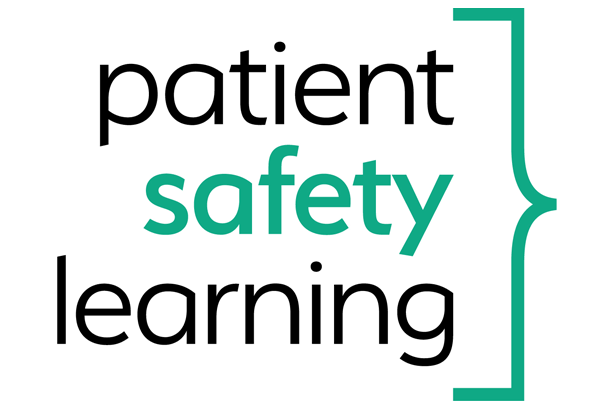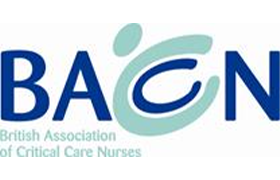Follow the conference on X #HumanFactors
Aimed at Clinicians and Managers, this national virtual conference will provide a practical guide to human factors in healthcare, and how a human factors approach can improve patient care, quality, process, and safety.
The conference delves into integrating human factors into healthcare systems and processes, clinical decision making, healthcare system design, quality of patient experience, medication safety, and workload, fatigue, and stress management. Throughout the day there will be interactive sessions, small breakout groups, and collaborative exercises, fostering a dynamic learning experience.
“Over 1.3 million people work in the NHS, treating more than a million patients a day. We need to ensure that our staff are equipped with the underlying principles that enable them to be flexible enough and resilient and resilient enough to deliver high quality care, for the safety of our patients. Having an understanding of human factors is one way to address this. Human factors principles aim to understand the ‘fit’ between an employee, their equipment and the surrounding environment, which can include learning styles, behaviours and values, leadership, teamwork, the design of equipment and processes, communication and organisational culture. Through a better understanding of these principles, changes can be made that result in a reduction of human error and higher quality care and patient safety.”
NHS England
“There is a developing role for human factors professionals and staff with appropriate human factors knowledge in roles across healthcare to ensure that the principles of safe design are embedded, recognised and applied to address safety issues and subsequent harm.”
Healthcare Services Safety Investigations Body
"All staff leading learning responses should be able to:
Apply human factors and systems thinking principles to gather qualitative and quantitative information from a wide range of sources.
All staff with oversight roles can:
Apply human factors and systems thinking principles.”
Patient safety incident response standards, NHS England June 2024
“What are Human Factors in healthcare? Enhancing clinical performance through an understanding of the effects of teamwork, tasks, equipment, workspace, culture and organisation on human behaviour and abilities and application of that knowledge in clinical settings” ”
NHS England
This conference will enable you to:
Network with colleagues who are working to embed a human factors approach
Learn from outstanding practice in using human factors and ergonomics to improve patient safety and quality
Reflect on national developments and learning including the patient safety syllabus and the role of human factors within the new Patient Safety Incident Response Framework (PSIRF)
Understand the tools and methodology
Develop your skills in training and educating frontline staff in human factors
Understand how you can improve patient safety incident investigation by using a human factors approach
Learn from case studies demonstrating the practical application of human factors to improve patient care and safety
Understand the role of human factors in improving culture and delivering psychological safety
Self assess and reflect on your own practice
Supports CPD professional development and acts as revalidation evidence. This course provides 5 Hrs training for CPD subject to peer group approval for revalidation purposes












